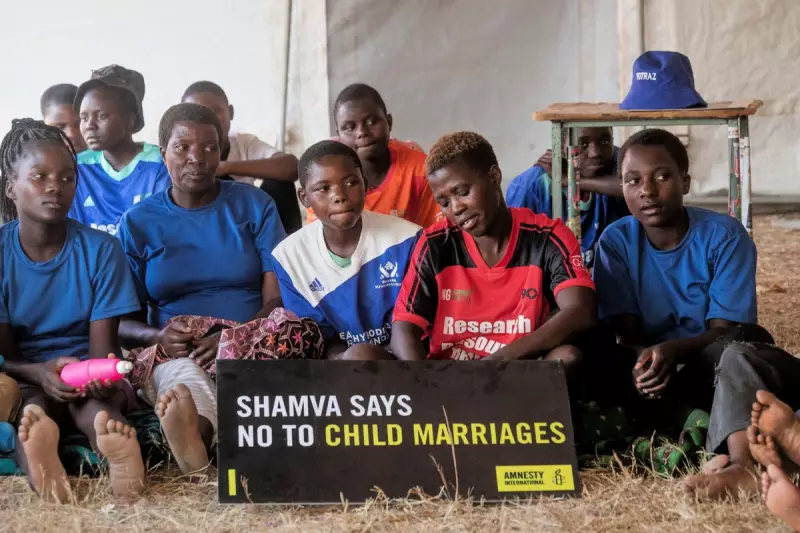
In a move that has sparked widespread international concern, Zimbabwe has implemented new legislation that permits authorities to impose severe penalties on children as young as twelve. The controversial law represents a significant shift in the country's approach to juvenile justice and has drawn sharp criticism from human rights organisations worldwide.
UNICEF, the United Nations children's agency, has expressed profound alarm about the legislation's implications. "This law represents a dangerous step backward for children's rights in Zimbabwe," stated a senior UNICEF official. "Subjecting children to adult-like punishments ignores their developmental needs and violates international standards for juvenile justice."
Legal Changes and Their Consequences
The new legislation fundamentally alters how Zimbabwe's legal system treats young offenders. Previously, children enjoyed certain protections recognising their age and capacity for rehabilitation. The current changes remove many of these safeguards, exposing minors to potentially life-altering penalties.
Legal experts warn that the law could have devastating consequences for vulnerable children, particularly those from disadvantaged backgrounds who may be pushed into minor offences due to poverty or difficult circumstances.
International Response and Human Rights Concerns
The international community has reacted with strong disapproval to Zimbabwe's legislative direction. Human Rights Watch and Amnesty International have joined UNICEF in condemning the measures, describing them as incompatible with Zimbabwe's obligations under international human rights treaties.
"Instead of protecting its most vulnerable citizens, Zimbabwe is creating a system that could criminalise childhood itself," noted a human rights advocate familiar with the situation. "This approach contradicts global best practices in child protection and juvenile justice."
Broader Implications for Zimbabwe's Future
Beyond the immediate human rights concerns, experts worry about the long-term social impact of such legislation. Harsh punishments during formative years can disrupt education, family relationships, and future opportunities, potentially creating cycles of disadvantage and marginalisation.
The controversy comes at a sensitive time for Zimbabwe, which has been working to rebuild its international relationships and address various economic and social challenges. This new law threatens to undermine these efforts and isolate the country further from the global community.
As the international pressure mounts, all eyes remain on Zimbabwe's government to see whether it will reconsider this controversial approach to juvenile justice or face increasing diplomatic consequences for its stance on children's rights.





